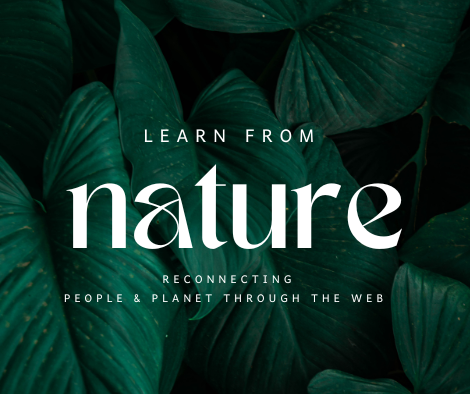
“Wetlands are the star of the ( habitats ) show“ ….
Some of the benefits of wetlands include:
* providing food and habitat for fish and wildlife, including threatened and endangered species
* providing water quality improvement
* key mechanism in flood storage
* shoreline erosion control
* economically beneficial natural products for human use
* many opportunities for recreation, education, and research
Less than 1% of water on Earth is usable freshwater and it is mostly stored in wetlands. This World Wetlands Day we celebrate how wetlands are essential for water and provide for life.
This year’s World Wetlands Day shines a spotlight on wetlands as a source of freshwater and encourages actions to restore them and stop their loss. The world is facing a growing freshwater crisis that threatens people and our planet. We use more freshwater than nature can replenish, and we are destroying the ecosystem that water and all life depend on most – wetlands.
( sources – https://www.epa.gov/sites/production/files/2016-02/documents/wetlandfunctionsvalues.pdf ; https://www.wetlands.org/news/world-wetlands-day-2021-no-water-without-wetlands/ )
Previous posts about wetlands include Wildlife Watching at Boondall and WWT wetlands resources
Wetlands Protection
The Convention on Wetlands of International Importance (Ramsar, Iran, 1971)—called the ‘Ramsar Convention‘—is an intergovernmental treaty that embodies the commitments of its member countries to maintain the ecological character of their Wetlands of International Importance and to plan for the ‘wise use’, or sustainable use, of all of the wetlands in their territories.[1]
Mapping our wetlands…
New Zealand


Australia

United Kingdom


Worlds largest


